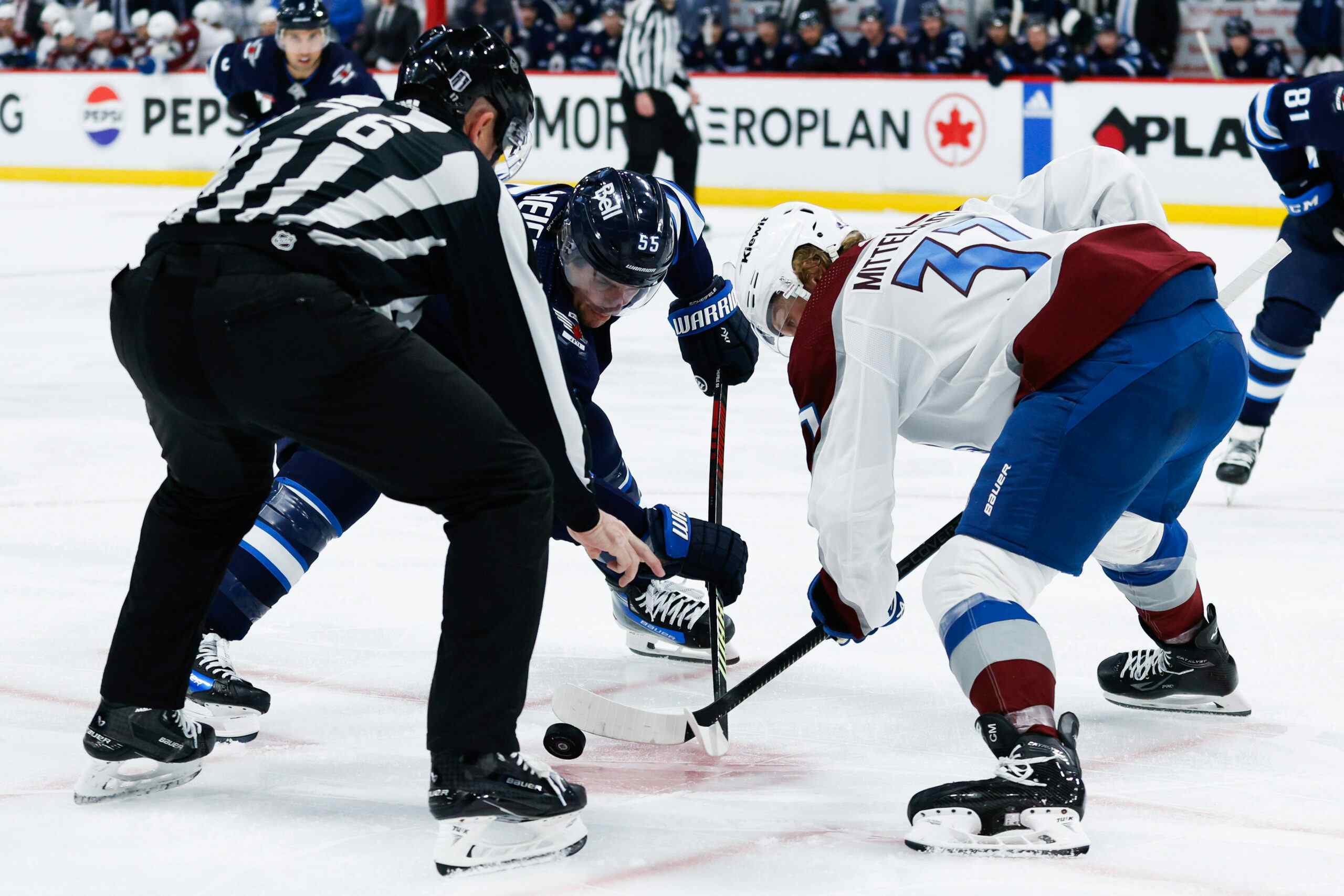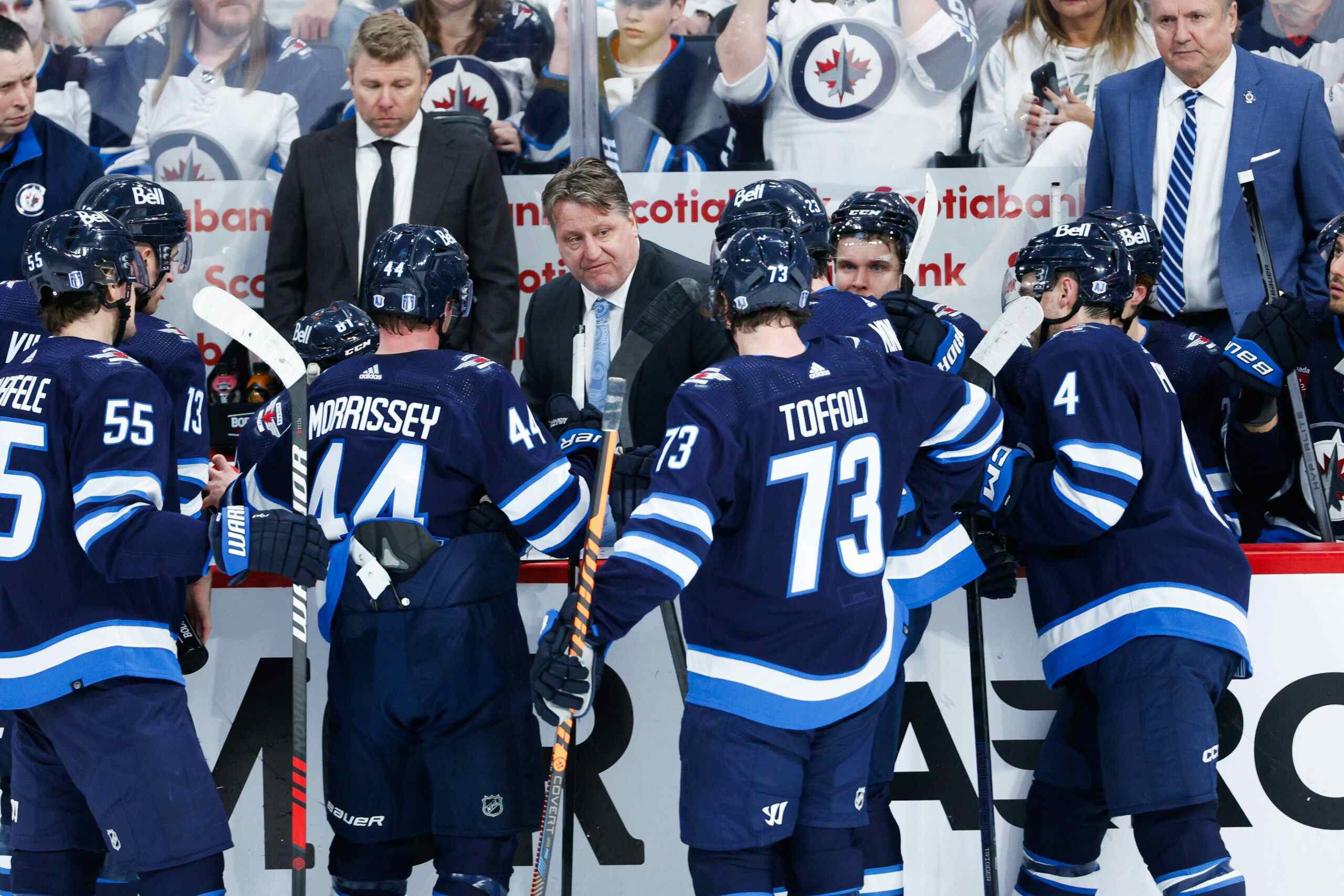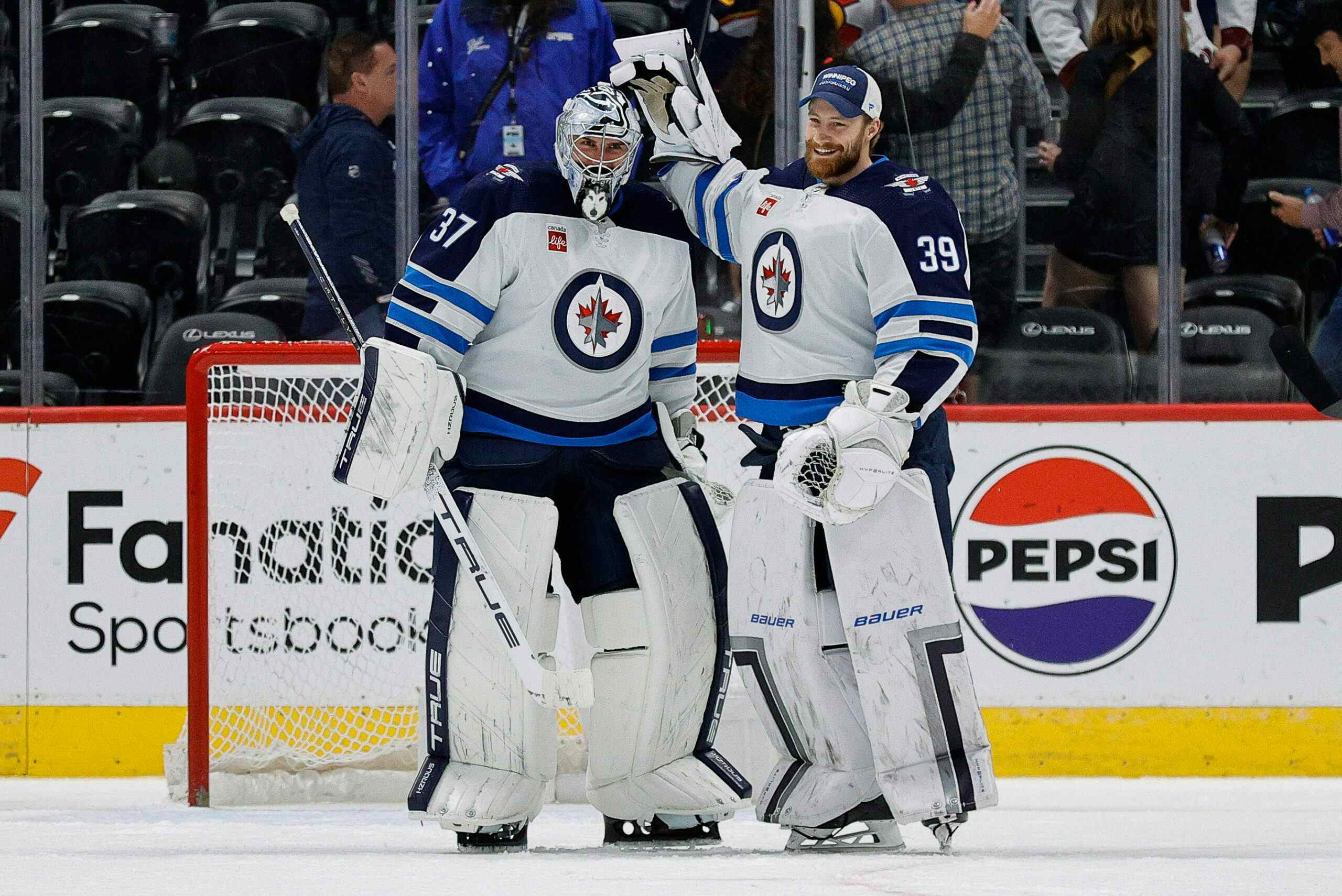A former NHL player’s perspective on scratching Evander Kane
I’ve never played hockey at a high level. I’ve never been in a locker room setting that’s even nearly as competitive, professional, or adult as what you’ll find around the NHL. I mean, I’ve been in NHL locker rooms after practice or after games with press credentials, but that’s hardly the same thing.
My experience informs my perspective, obviously, and much of my perspective is based on interacting with and understanding the significance of the underlying numbers. From that perspective, when Winnipeg Jets head coach Paul Maurice decided to scratch Evander Kane on Tuesday, which forced him to play Dustin Byfgulien at forward, he shot his own team in the foot. The Jets lost and are now officially reeling, having gone winless in five games since the All-Star break.
There’s another perspective here though, and I thought it might be useful to present it. After all, as reliable as things like Corsi For percentage and shot rate can be in predicting future outcomes, hockey is a game played by imperfect human beings.
So I reached out to Nation Network contributor Jason Strudwick, a defensive defenseman whose professional hockey career spanned 15 years and included nearly 700 games played at the NHL level. Interested in a former NHLer’s take on what happened in Vancouver on Tuesday? Click past the jump for more.
Thomas Drance: So Jason, we don’t know exactly what happened with Evander Kane, Gary Lawless is reporting that it was a disciplinary matter with a small “d”, there’s speculation that it had something to do with lateness. How does a player’s immaturity or lack of punctuality impact a team in an NHL locker room setting?
Jason Strudwick: This is the issue, you need to have accountability in that dressing room.
It may seem like a small detail to a fan or to media, but a player being late, or over-sleeping and being late for practice… It’s all part and parcel of what a team does – and that no one is more important than anyone else on the team.
We know that in reality there are players that score more points and maybe look more important than the rest of the players, but everybody has to go in the same direction, and that’s the same for the way you treat the trainers, the way you treat the media, whether you’re on time or you’re late – everything.
I’m just guessing, because we don’t really know exactly what happened, but I’m guessing that Paul Maurice is just trying to let Kane and everybody else know that this is the way it is. We all do things the same. We’re the Winnipeg Jets, we’re not the Jets and Evander Kane, or the Jets and Andrew Ladd, we’re all Winnipeg Jets.
TD: With a guy like Kane whose got a lot of potential, but as a 23-year-old guy is perhaps dealing with a bit of immaturity, is there an anecdote you might share – or what can an NHL team try to do to try and help a guy like that get on track?
Strudwick: It’s peer pressure and you’ve got to get it from within that dressing room. The coaches are a part of it, but also the teammates.
I’ve dealt with a situation where a player was late for a plane. So imagine: the whole team, players, trainers, everyone waiting for this guy to get on the plane. He was late leaving from our home city.
The coach (gave him a pass)… but as the players, we’re not happy. Because 25 guys shouldn’t wait for one player, it should be one player waiting for 25 guys. So we were quite upset.
And if you can believe it – he did it a second time!
So in both situations we made that player take the whole team out for dinner, and believe me, we weren’t eating at McDonalds. We went somewhere nice. We had to reinforce in his mind that there’s a reason we’re all on time. Why is he late? Who does he think he is?
I don’t care if you’re sick, you’re tired, your alarm doesn’t work – if a bomb goes off in your neighbourhood – you’ve got to be on time for that practice, or that flight, or whatever – that team meal. If everyone else is on time, you better be as well.
TD: I’m thinking about, like, Tyler Seguin – who the Boston Bruins gave up on. They made a trade that hurt them long-term seemingly based, at least in part, on his character or reputation. I know most of your experience is as a player rather than as an executive, but how do you think you weigh talent vs. reliability when you’re making those decisions?
Strudwick: Isn’t that the ultimate question.
We see it in all sports. We see extremely talented athletes who have issues with toeing the company line or being a part of the team. And when you become expendable is when your talent erodes to the point where it’s not worth it. It’s not worth having you around because your create so much chaos.
A perfect example would be Terrell Owens. There’s a guy who probably could’ve played another couple of years but he was such a circus that it wasn’t worth it…
With Tyler Seguin that’s a different situation, we know he’s gone on to do great things, but the Boston Bruins have a way of doing things. They have a type of player – and I’m not saying they’re all choir boys in Boston – but they have a type of guy who falls into line and buys into what being a Boston Bruins player is.
And if indeed Seguin was moved out because they didn’t feel he felt that way, then I give them credit…
TD: Along a similar line. With Maurice yesterday: the team is in a four game losing streak, playing a Western Conference opponent also scrambling to make the playoffs – that’s a big game. With Kane out of the lineup they end up moving Dustin Byfuglien to forward, they sort of shoot themselves in the foot. As a player though, is there any question in your mind that you’d rather go out there with a suboptimal lineup rather than see a teammate get away with it?
Strudwick: I wouldn’t hesitate if i was a player, I’d love it.
The right time doesn’t always present itself to make a point. Paul Maurice wanted to make a point and he’s not going to compromise the way he thinks his team should behave, act, execute his kind of gameplan because of the timing.
I give him credit, because it took courage. It took a lot of courage to make that decision, but ultimately, it might be the wrong move short-term, but long-term, he gained a lot of credit among the players in that dressing room.
Thanks to Jason for taking the time to answer our questions. Follow him on Twitter here.
Recent articles from Thomas Drance





